By Andrea Sophocleous
Humans have been telling stories for tens of thousands of years. Today, one of our most powerful storytelling forms is film. Movies have the power to transport us into the world of the story. Whether it’s following the tenacious investigations of a pair of journalists into the corrupt conduct of a US president in All the President’s Men, or being part of the perilous journey of three young indigenous girls as they walk 2,400km to return to their families in Rabbit Proof Fence, films allow us to better understand events and other cultures from an empathetic perspective.
While films can certainly be escapist, they can also increase our knowledge about the world around us, raise our awareness and awaken our curiosity. If you’re keen to explore the big issues, here are the best human rights films currently available on online streaming services.
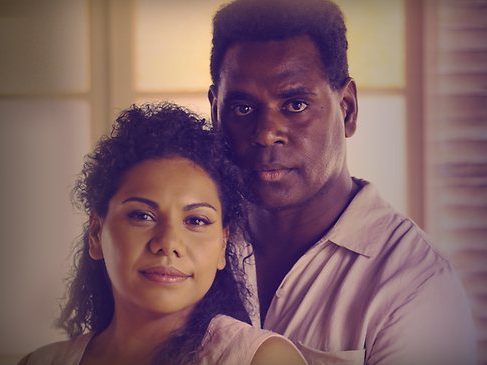
1. Mabo, ABC iView (2012)
Australia’s troubled history is examined in this feature-length biopic about Eddie Koiki Mabo, the Torres Strait Island man who led the campaign that would establish the principle of native title in Australia. Twenty years since the Mabo court ruling and 50 years after the 1967 referendum that finally gave Indigenous people the right to be counted in the Australian Census, the push for Constitutional recognition of Australia’s First Peoples remains a pressing issue. Mabo, directed by Rachel Perkins, provides a moving insight into an important part of our history.
2. Beasts of No Nation, Netflix (2015)
Hundreds of thousands of children, many as young as eight years old, are being used as soldiers in armed conflicts around the world. Based on the 2005 novel of the same name, Beasts of No Nation is an uncompromising view into the brutal world of civil conflict, violence, dehumanisation and the abuse of children. Some scenes are incredibly confronting, but this is a powerful film that deserves to be watched.
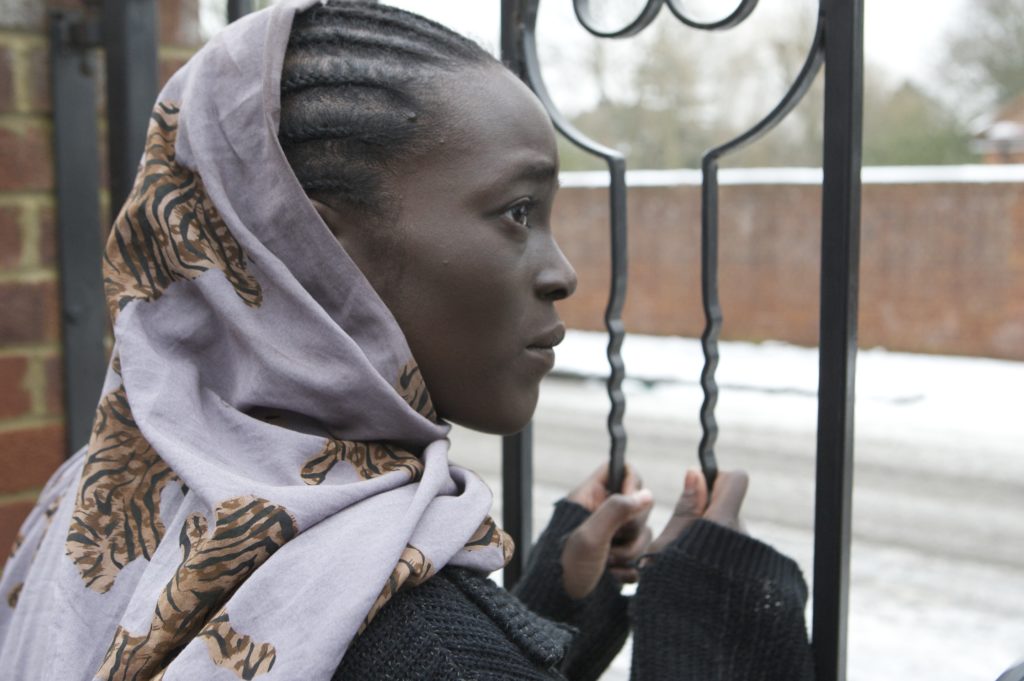
3. I am Slave, SBS on Demand (2016)
Inspired by a true story, I am Slave exposes the reality of modern-day slavery. Malia is taken at age 12 from her home in Sudan and sold into slavery, first in her own country and six years later in London. A powerful look at what makes slavery still possible today, this story had a happy ending for the woman on whom Malia is based, but reminds audiences that there are around 5,000 “slave workers” currently in Britain.
4. Biutiful, SBS on Demand (2010)
Directed by Oscar winner Alejandro González Iñárritu and starring Javier Bardem, another Oscar winner, Biutiful comes with impeccable credentials. While not a perfect film, Bardem’s performance lifts it to impressive heights as the audience is plunged into the world of human trafficking, poverty and the underbelly of Barcelona.
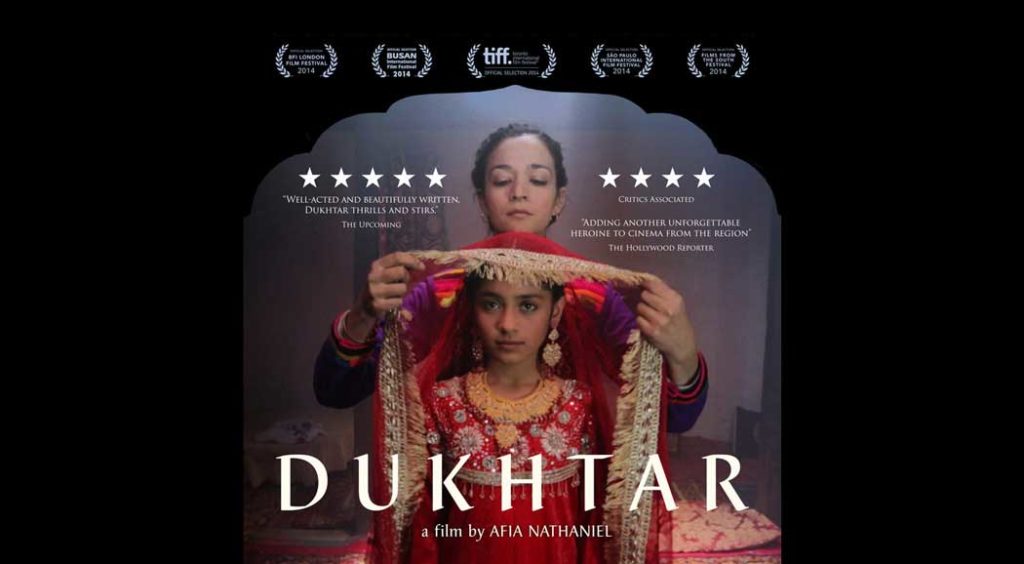
5. Dukhtar, Netflix (2014)
This award-winning Pakistani film tells the tale of a mother who risks death to prevent the arranged marriage of her 10-year-old daughter to a warlord old enough to be her grandfather. Dukhtar (which translates to Daughter) explores the world of child brides and honour killings, where women have few rights and remain the property of men.
6. Pride, Dendy Direct (2014)
Described by critics as a crowd-pleaser in the spirit of Billy Elliot and The Full Monty, Pride recounts the true story of a Welsh mining community during the 1984 miners’ strike in the UK. A group of gay activists decide to raise money for the struggling families of the miners, demonstrating the power of communities banding together. This feel-good film is both entertaining and uplifting.
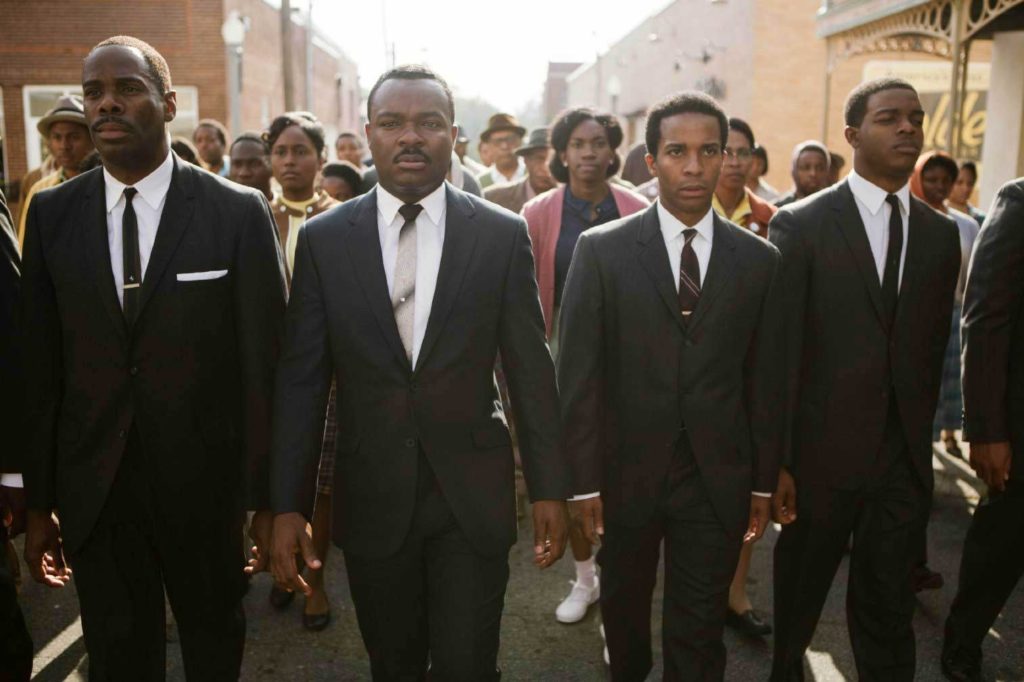
7. Selma, iTunes (2015)
Described by The Guardian as “heartbreaking and inspiring”, Selma tells the story of Martin Luther King’s battle for equal voting rights in America, spanning a three-month period in 1965. The film explores the important issues of race relations, discrimination and human rights, and reminds us how far we remain from King’s dream of equality.
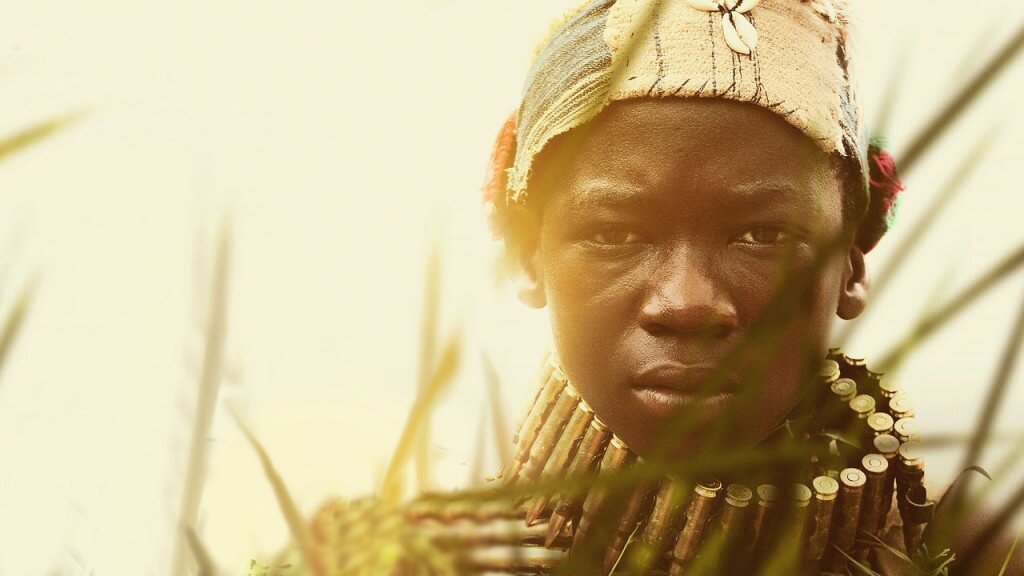


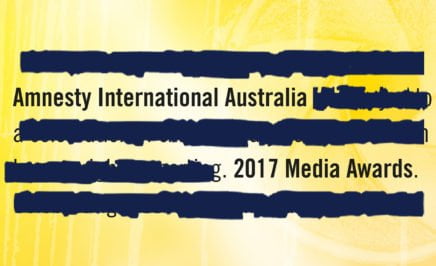
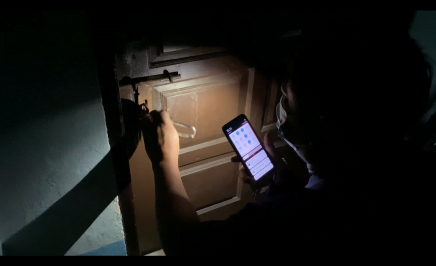




What supporters are saying